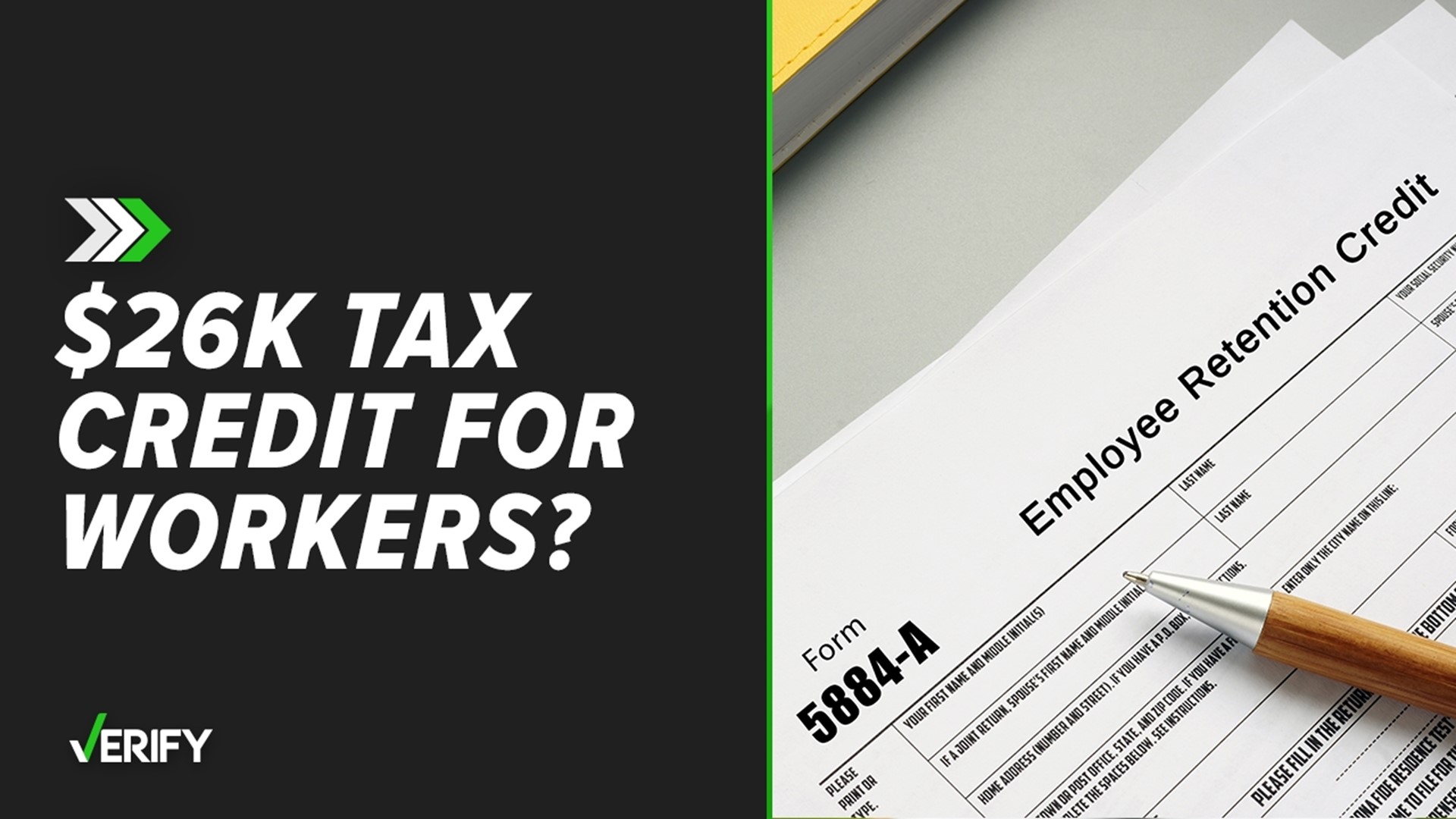WASHINGTON — The IRS announced higher tax brackets and an increased standard deduction for the 2024 tax year, potentially offering some help to taxpayers who have been affected by inflation.
The changes apply for tax year 2024, for tax returns that will be filed in 2025. Tax brackets are adjusted annually. This year they were adjusted 5.4%, based on the inflation-tracking consumer price index, slightly less than last year's historically large adjustment of around 7%.
Changes to the standard deduction
The agency increased the standard deduction to $29,200 for married couples filing jointly, up $1,500 from 2023.
The standard deduction for single filers or married couples filing separately is $14,600 for 2024, a $750 increase.
For heads of households, the standard deduction will be $21,900, an increase of $1,100 from 2023.
Marginal tax brackets for tax year 2024
The IRS boosted the income ranges for all tax brackets for tax year 2024.
- Incomes over $609,350 ($731,200 for married couples filing jointly) - 37%
- Incomes over $243,725 ($487,450 for married couples filing jointly) - 35%
- Incomes over $191,950 ($383,900 for married couples filing jointly) - 32%
- Incomes over $100,525 ($201,050 for married couples filing jointly) - 24%
- Incomes over $47,150 ($94,300 for married couples filing jointly) - 22%
- Incomes over $11,600 ($23,200 for married couples filing jointly) - 12%
- Incomes of $11,600 or less ($23,200 for married couples filing jointly) - 10%
You can determine your tax bracket by subtracting the standard deduction from your gross income to find your marginal tax rate. Your effective tax rate will be lower, since you don't pay the highest tax rate on every dollar you earn. Instead, each tax rate is applied to the earnings that fall in that bracket: An individual filer's first $11,600 is taxed at 10%, $11,600 to $47,150 is taxed at 12%, and so on.
Other notable changes for tax year 2024
Taxpayers with three or more children who qualify for the Earned Income Tax Credit will receive $7,830, up from $7,430.
The alternative minimum tax exemption will increase to $85,700 and begin to phase out at $609,350 for individual filers, and $133,300 for married couples filing jointly for whom the exemption begins to phase out at $1,218,700.

